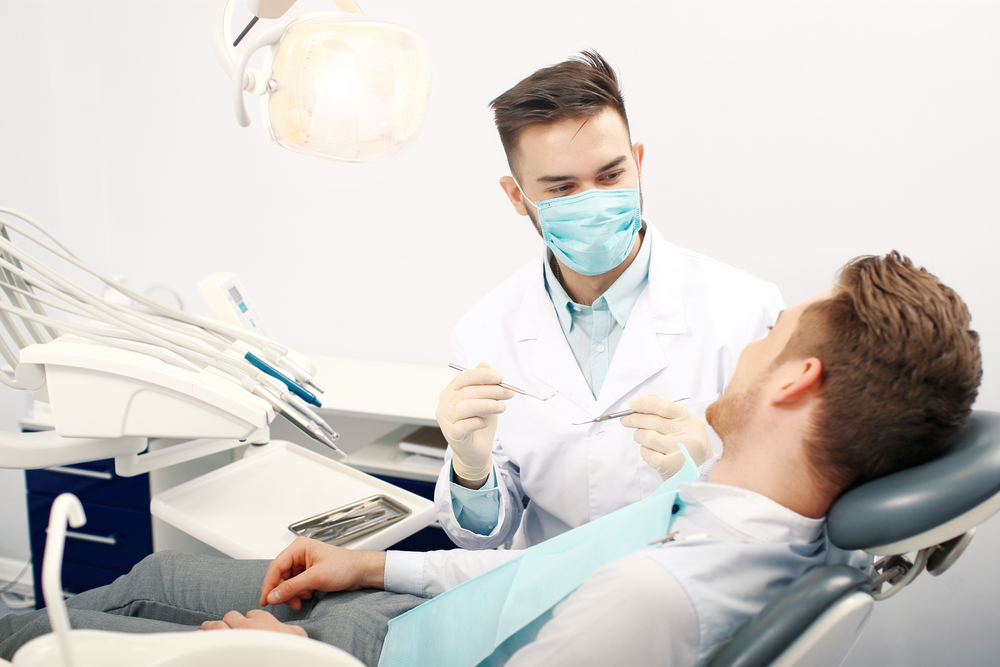All You Need To Know About Bleeding Gums
All you need to know about bleeding gums
We often do not pay much thought to bleeding gums and shrug it off because they invariably happen when we brush or floss our teeth. We consider it as normal but it should not be ignored. Gum bleeding is a fairly common problem. It is best to see your dentist, who will diagnose the problem and advice gum disease treatment options. But, a mild form of bleeding can be treated at home with easy remedies for gum diseases. Gum disease is a common cause of bleeding gums. Many adults experience a gum disease once atleast.

Here is some information about bleeding gums, its causes, and more.
When do I need to consult a dentist?
- If gum bleeding becomes a regular occurrence every time you brush.
- When you observe that gum bleeding is persistently occurring and not stopping.
How are bleeding gums treated by the dentist?
- The dentist will conduct a dental examination to understand the cause of bleeding of the gums.
- As a preliminary measure, and as a gum disease treatment, the dentist will remove plaque bacteria, which cause gum disease if left untreated.
- The dentist might advise other gum disease treatment options such as scaling and root planing.
- In some cases of severe gum infection, surgery may be recommended.
What are some at home remedies for treating bleeding gums?
- Replace your old, hardened toothbrush with a new softer one.
- Brush softly and floss regularly.
- Add a mouthwash to your oral care routine.
- Rinse your mouth with salt water at least twice daily.
- Eat foods rich in vitamin C, such as oranges, sweet potatoes, and red peppers, and vitamin K, such as kale, spinach, and collard greens, can help in promoting immune health. Deficiency of vitamin C can lead to gum bleeding despite practicing good oral hygiene.
- Hydrogen peroxide is a disinfectant which promotes gum health, helps remove plaque, and stops the bleeding of the gums. You can rinse your mouth with a solution but be careful not to swallow it.
- Chew on some raw vegetables, such as carrots, radishes, and cucumbers to improve circulation of blood and strengthens the gums.
- Apply a cold compress to the gum line as it will reduce the swelling and restrict the flow of blood causing the bleeding to stop.
- As per research, drinking green tea is known to reverse gum disease and stop frequent gum bleeds.
- Ensure you do not skip on your routine dental check-ups.

